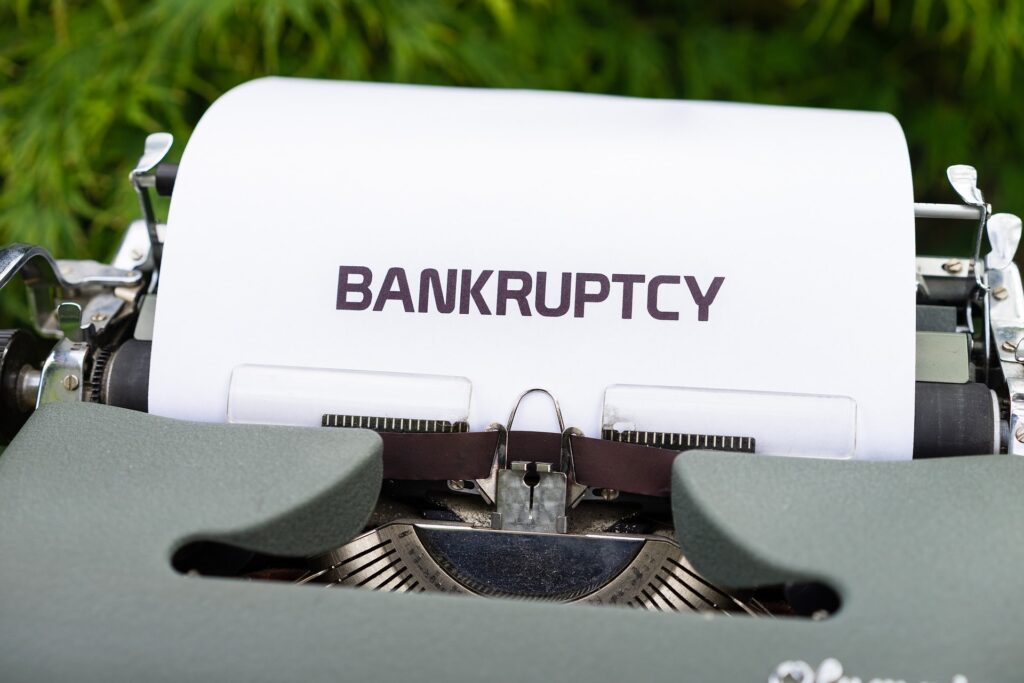
It is rather unfortunate that you have found yourself in a situation like bankruptcy. We understand that it happens for a myriad of reasons: financial irresponsibility compounded debt, or sometimes even significant life events such as sickness or death in the family. Whatever the reason is, allow us to help you out in these trying times by sharing with you the different things that you should know about bankruptcy.
It Is the Last Resort
The first thing to keep in mind before filing for bankruptcy is that it should be treated as a last resort. After all, it can create long-term damage to your credit score. You will find it exceedingly hard to apply for payday loans online later on, even if you do manage to get out of a state of bankruptcy.
There Are Alternative Ways to Settle Your Debt
Next, most people who find themselves in deep debt usually consider their situation hopeless. We understand why. It is truly a difficult situation to be in. However, remember that most of the time, that is also not the case. There are a lot of financial institutions that are willing to work out a repayment plan with their clients. For instance, you might find that the loan you have filed when you were just starting a business can actually be repaid with assets.
Some creditors also accept special arrangements, such as lower monthly rates over a lower repayment period. You need to understand that, while unfortunate, this is actually better for them rather than risk not getting paid at all.
There are also those that offer forbearance. It is an arrangement where payments will be postponed until the borrower finds himself able to pay for his debt again.
There Are Two Types of Bankruptcies for Individuals
These Are Chapter 7 and Chapter 13
Chapter 7, also referred to as liquidation, is a type of bankruptcy that can help you wipe out most debt without the need for repayment. However, as the name suggests, it might also involve losing your assets to cover the damage done to your creditors. Hence, we only recommend this type of bankruptcy for people who don’t have a lot of assets to lose.
Chapter 13, on the other hand, is the more favorable option for people who don’t want to lose their assets. This involves a repayment plan, though, that must be paid diligently. We highly suggest this for people who have found themselves way behind on their house or car payments but would still want to keep their property.
You Should Work Closely With an Attorney
There are severe repercussions awaiting people who are not completely honest when they’re filing for bankruptcy. This doesn’t exempt those who are simply unaware of the legalities surrounding it.
Thus, working with an attorney is a must, even if it is possible to file for bankruptcy without one. What will be required, though, is for you to attend a credit counseling program approved by the Department of Justice’s U.S. Trustee Program.
This program will include a detailed evaluation of your personal finances, a discussion about possible debt repayment alternatives, and lastly, assistance in formulating a budget plan best suitable for your financial predicament.
These programs are usually free or at least cost $50 at most as stated by the Federal Trade Commission.
Finally, Bankruptcy Will Tarnish Your Credit Records for Several Years
It will stay on your credit report for seven years (if you’ve filed for Chapter 13) or even up to ten years (if you’ve filed for Chapter 7). Not all hope is lost, though. Hopefully, with better financial discipline and responsibility, you will be able to rebuild your credit score again in no time.
Also Read- 10 Ways to Finance Real Estate Investments